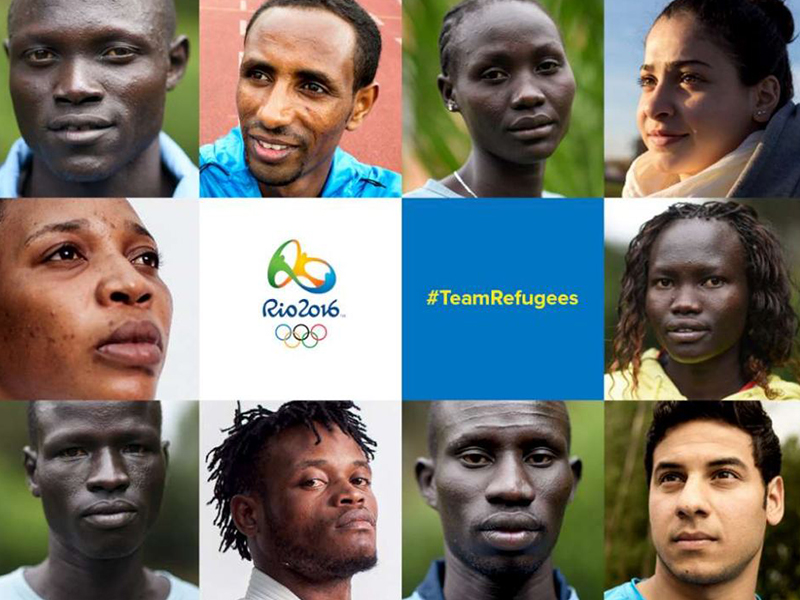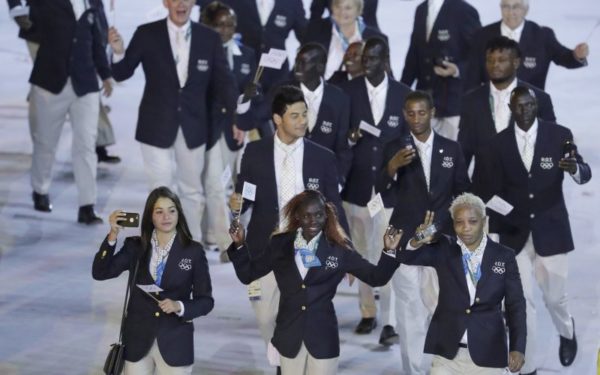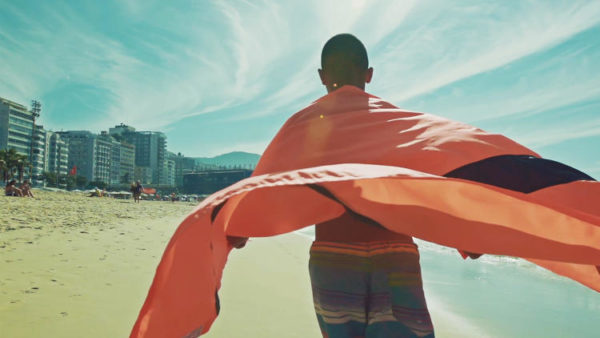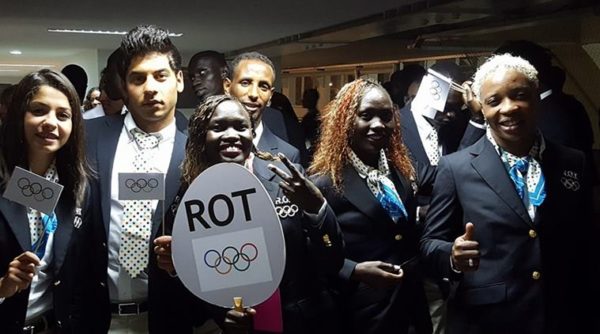
Today, there are some 65 million people who do not have a home, living in refugee camps in barely survivable conditions. These refugees are considered criminals in most countries and are treated as outsiders where ever they go. They are homeless with no identity. The refugee problem is a global phenomenon, which seldom gets the treatment that it should. In this regard, Olympics made history, when for the first time ever Refugee Olympic Team walked down along with other teams at the opening ceremony.
Ten refugees are now on the world stage in Rio comprising of two Congolese refugee judo athletes who trained in Brazil, two Syrian swimmers who trained in Belgium and Germany, an Ethiopian marathoner trained in Luxembourg, and five South Sudanese runners who trained at a converted school off several bumpy, dusty roads outside Nairobi. The 10-member team was created by the IOC to “act as a symbol of hope for refugees worldwide and bring global attention to the magnitude of the refugee crisis.”

Mardini the Syrian swimmer tells the story of her journey. The motor of her boat failed and she and her sister, also a swimmer, were the only ones strong enough to swim the crowded boat to safety. One week ago, to a resounding welcome, the two young Syrians, and eight other athletes made history as the first-ever Refugee Olympic Team. 21-year-old Yiech Pur Biel made his Olympics debut in the 800-meter competition.

Anjelina Nadai Lohalith ran in the 1,500-meter race; 28-year-old James Nyang Chiengjiek will run the 400-meter dash. Paulo Lokoro, 24 years old, is a middle-distance runner who escaped the war in 2006. Rose Nathike Lokonyen made the team despite having to run barefoot in tryouts in the refugee camp.
The oldest member of the refugee team is 36-year-old marathoner Yonas Kinde. He fled Ethiopia in 2013 and now has asylum in Luxembourg.

And filling out the group, two refugees from the Democratic Republic of Congo, who competed in judo; 28-year-old Yolande Mabika lost her parents to war and first took up judo in a centre for displaced children in Kinshasa. 24-year-old Popole Misenga won his first bout before losing to a world champion from South Korea. Misenga’s mother was killed when he was 9, and he’s not seen his siblings since.
Brazil, the Olympic host nation, a land of immigrants, has welcomed many recent asylum-seekers. Hanan Dacka, a 12-year-old Syrian refugee, was chosen as an Olympic torchbearer. It was a symbolic moment greeted warmly by onlookers, just as an international audience has embraced the refugee athletes at the Rio Games.





